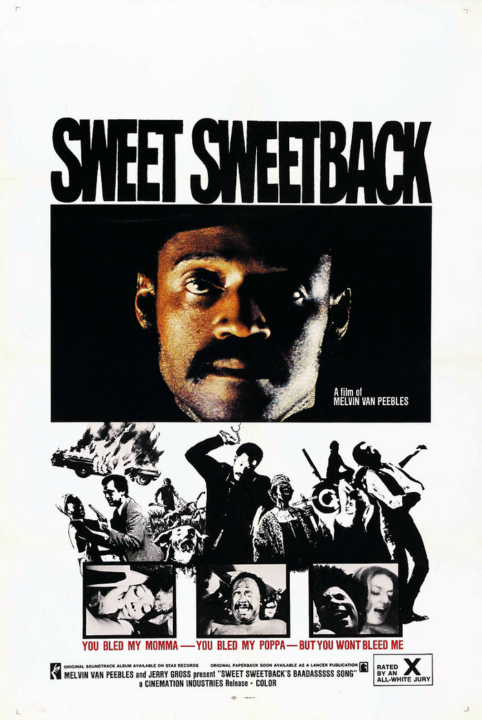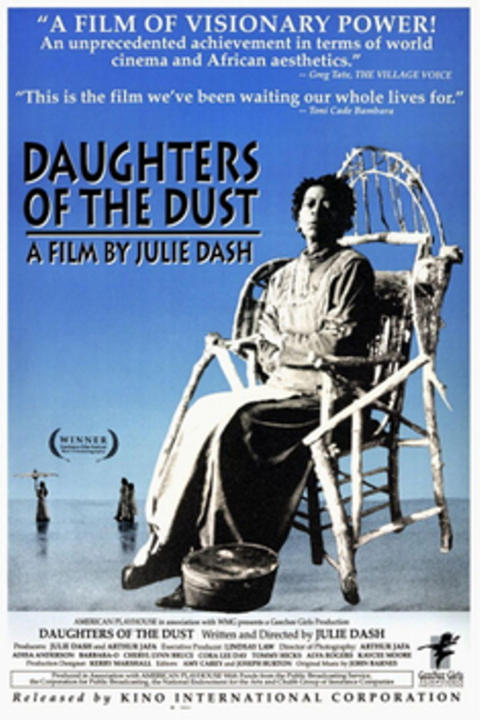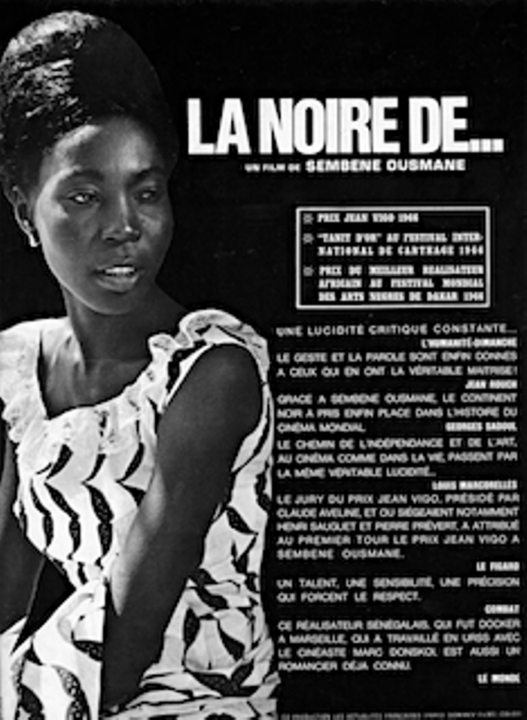Still of Mbissine Thérèse Diop as Diouana in Black Girl. Source: Wikimedia Commons
The Criterion Collection is renowned for its impeccable curation of films from around the world, showcasing the best works of filmmakers across various genres and cultures. In this blog, we will explore the contributions of African American filmmakers to the Criterion Collection. These filmmakers have crafted exceptional movies and left an indelible mark on the world of cinema. Here are some of the top films by African American filmmakers present in the Criterion Collection.
“Do the Right Thing” (1989) – Directed by Spike Lee:
Spike Lee’s “Do the Right Thing” is a powerful exploration of racial tensions in the Bedford-Stuyvesant neighborhood of Brooklyn. The film delves into the lives of the residents and their interactions on a scorching summer day. Through its vibrant cinematography, dynamic characters, and thought-provoking narrative, “Do the Right Thing” confronts issues of race, police brutality, and systemic injustice. This groundbreaking film has become a cultural touchstone and a defining work in Lee’s filmography.

Image: Movie poster for Do the Right Thing. Source: Wikimedia Commons
“Sweet Sweetback’s Baadasssss Song” (1971) – Directed by Melvin Van Peebles:
Melvin Van Peebles’ “Sweet Sweetback’s Baadasssss Song” is a trailblazing film that paved the way for the blaxploitation genre. This independent production, written, directed, and starring Van Peebles, tells the story of a black hustler on the run from corrupt white police officers. With gritty realism and a politically charged narrative, the film challenged racial stereotypes and portrayed a powerful depiction of black resistance and empowerment.

Image: Movie poster for Sweet Sweetback’s Baadasssss Song Source: Wikimedia Commons
“Daughters of the Dust” (1991) – Directed by Julie Dash:
Julie Dash’s “Daughters of the Dust” is a visually stunning and spiritually rich film that explores the Gullah culture of African Americans living in the Sea Islands of South Carolina. Set in 1902, the movie follows the Peazant family gathering for a farewell dinner before some members migrate north. Dash’s poetic storytelling, non-linear narrative, and striking cinematography make “Daughters of the Dust” a mesmerizing cinematic experience that celebrates African heritage and the strength of African American women.

Image: Movie poster for Daughters of the Dust Source: Wikimedia Commons
“Black Girl” (1966) – Directed by Ousmane Sembène:
Although not an African American filmmaker per se, Ousmane Sembène, a Senegalese director, contributed significantly to African cinema. “Black Girl,” tells the story of a young Senegalese woman who moves to France to work for a white family but faces cultural isolation and mistreatment. The film is a powerful critique of colonialism and its impact on identity.

Image: Poster for Black Girl. Source: Wikimedia Commons
Conclusion:
The Criterion Collection has made admirable efforts to incorporate and highlight films by African American filmmakers, giving their tales a platform to be recognized and appreciated by a broader audience. The movies described here are only a tiny part of what these directors have contributed to cinema and culture. By seeing these films, we acquire insight into various viewpoints, encourage inclusion, and expand our understanding of the African American experience. Let us continue to celebrate the power of diversity in filmmaking by embracing and supporting these cinematic jewels.

Anand Subramanian is a freelance photographer and content writer based out of Tamil Nadu, India. Having a background in Engineering always made him curious about life on the other side of the spectrum. He leapt forward towards the Photography life and never looked back. Specializing in Documentary and Portrait photography gave him an up-close and personal view into the complexities of human beings and those experiences helped him branch out from visual to words. Today he is mentoring passionate photographers and writing about the different dimensions of the art world.





